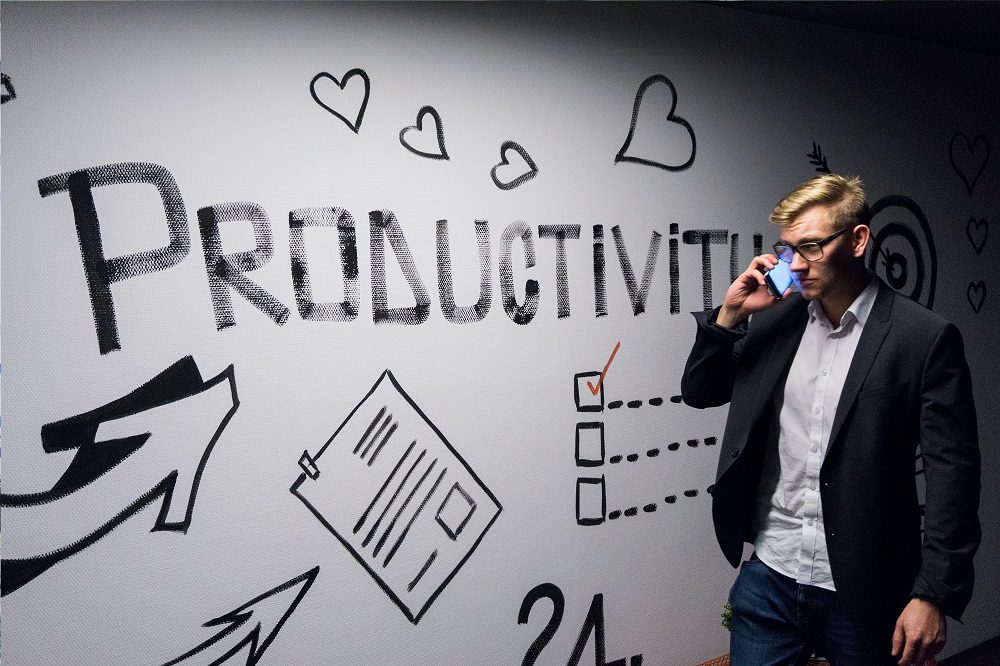Productivity in a manufacturing plant is king; a processing business will live or die by its levels of output. The most obvious way that productivity impacts a business is through its bottom line, because efficiencies lead to profitability. However, there are less obvious impacts, too; a manufacturing plant which is less productive than planned will inevitably slip behind on orders and delivery schedules – which means letting customers down. Given that OTIF is a key deliverable for most businesses, and with many OEMs putting in place harsh penalties for late delivery, the output levels of a plant are critical. Improved productivity also has an impact on business growth; with better throughput, you are able to take on more, larger orders and deliver them in the same timeframe – not only will you see improved profitability but your business will grow and develop, making it more sustainable and providing foundations to take it to the next level. We take a look at how the super deduction incentive could help you to improve your productivity and ultimately your bottom line.
What is the super deduction tax incentive and how does it work?
The super deduction incentive has been brought in by the current government and claims to be the most attractive tax incentive ever offered by any British government. A direct response to the Covid pandemic, the super deduction scheme is aimed specifically at driving growth in the economy. Investment during the coming two years as a result of a more generous machinery capital allowance will ensure that British manufacturing is at the top of its game in terms of productivity, and will lead to greater corporate profits for the government in 2023; businesses will see the returns on their own investments by way of greater profits, and corporation tax will rise to 25% from its current 19%.
The super tax deduction means that businesses can claim back up to 25 pence for every pound invested in plant and machinery between 1st April 2021 and 31st March 2023. Essentially, any capital investment made in machinery for the next two years will qualify for a 130% capital allowance deduction. This would mean that if a business had invested £100,000 in a piece of equipment pre-April 2021, they would have saved £19,000 on corporation tax; if they invest during the super induction tax incentive period, they will save £24,700 (£100,000 x 130% = £130,000 @ 19% = £24,700). That’s a massive additional saving of £5,700.
How will the super deduction incentive help manufacturers boost productivity?
Along with lean processes, efficiency gains can also be made through having the right equipment in place. If you were to look at an air compressor as an example, many businesses are not using the right size compressor for their power output. Companies generally purchase a compressor as the need arises based on the current loading of the equipment within a plant, but as the business grows and we add additional tools or increase the power usage on existing tools, that same air compressor remains in place. It does the job, but it doesn’t provide optimum productivity levels for the plant, slowing down potential production rates.
Alternatively, if we reduce our usage but continue to use the same – now oversized – compressor, we are throwing money away on energy costs. The initial purchase price of a new machine is only a fraction of the total lifecycle cost, with energy usage being the real driver in total cost of ownership. A properly designed air system can save thousands of pounds annually on electricity, or can boost productivity if the problem is undersizing of a compressor.
By taking the opportunity to ensure that the equipment used in your plant is of the right capacity, you can ensure that productivity is at its optimum, leading to happy customers and higher profitability levels. Newer equipment tends also to be more energy-efficient, using the latest technology available and often centered much more around sustainability and therefore energy savings. Newer equipment also tends to take advantage of Industry 4.0 and IoT connectivity, offering better controls and smarter use of equipment for greater optimization. In the case of the air compressor example above, the inclusion of a Sigma Air Manager system uses algorithms to monitor and control every component within an air supply system so that maximum efficiencies and therefore cost benefits are achieved.
Which equipment qualifies for the super deduction incentive?
The government’s plant and machinery capital allowance scheme is aimed at businesses throughout the UK; not limited to, but certainly including, manufacturing and processing plants. Just about any capital equipment, you can think of would be covered, including transportation vehicles, forklift trucks, air compressor systems, refrigeration units, computers and servers, foundry equipment, desks and chairs.
Investment in the right technology and capital equipment will help your business to become more productive and improve your bottom line; that is true at any point in time. However, by taking advantage of the government’s machinery capital allowances and getting the 130% capital allowance deduction on corporation tax, not only are you saving money that could be re-invested to further improve productivity to even greater levels, but you are also improving your cashflow situation and giving the business an even greater chance at growth and success.
There are few financial ‘schemes’ which can claim to have no drawbacks, but this is one of those rare occasions; if you can find a way to invest in new equipment using the super deduction tax incentive then it is an opportunity to improve your business at a lower cost, and what’s not to like about that? If you are particularly interested in the air compressor super deduction as used in the examples above, why not get in touch with Glaston, experts in the air compressor field, who can talk you through the options available and work out which next step would be right for your business in order to improve productivity through your air compressor system.

